
John David Waiheʻe III is an American politician who served as the fourth governor of Hawaii from 1986 to 1994. He was the first American of Native Hawaiian descent to be elected to the office from any state of the United States. After his tenure in the governor's office, Waiheʻe became a nationally prominent attorney and lobbyist.
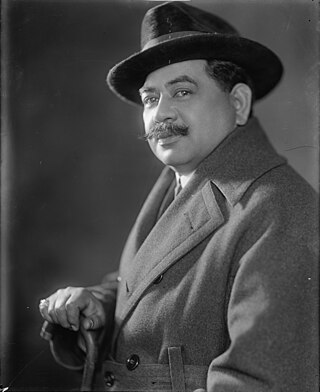
Jonah Kūhiō Kalanianaʻole was a prince of the Kingdom of Hawaiʻi until it was overthrown by a coalition of American and European businessmen in 1893. He later went on to become a representative in the Territory of Hawaii as delegate to the United States Congress, and as such is the only royal-born member of Congress.
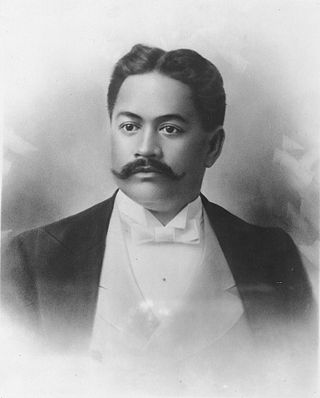
David Laʻamea Kahalepouli Kinoiki Kawānanakoa was a prince of the Hawaiian Kingdom and founder of the House of Kawānanakoa. Born into Hawaiian nobility, Kawānanakoa grew up the royal court of his uncle King Kalākaua and aunt Queen Kapiʻolani who adopted him and his brothers after the death of their parents. On multiple occasions, he and his brothers were considered as candidates for the line of succession to the Hawaiian throne after their cousin Princess Kaʻiulani but were never constitutionally proclaimed. He was sent to be educated abroad in the United States and the United Kingdom where he pioneered the sport of surfing. After his education abroad, he served as a political advisor to Kalākaua's successor, Queen Liliʻuokalani until the overthrow of the Hawaiian Kingdom in 1893. After Hawaii's annexation to the United States, he co-founded the Democratic Party of Hawaii.

Native Hawaiians are the Indigenous Polynesian people of the Hawaiian Islands.
The following is an alphabetical list of articles related to the U.S. state of Hawaii:

Jeremy Harris is an American politician who served as Mayor of Honolulu, Hawaii from 1994 to 2004. A biologist by training, Harris started his political career as a delegate to the 1978 Hawaiʻi State Constitutional Convention. While Harris served as chief executive of the City & County of Honolulu, the city was named "America's Greatest City" by the official American governance journal, Governing Magazine. Harris is the founder of the China-U.S. Conference of Mayors and Business Leaders and the Japan-American Conference of Mayors and Chamber of Commerce Presidents. He lives in Kalihi Valley on the island of O'ahu.

King Kamehameha I Day on June 11 is a public holiday in the U.S. state of Hawaii. It honors Kamehameha the Great, the monarch who first established the unified Kingdom of Hawaiʻi—comprising the Hawaiian Islands of Niʻihau, Kauaʻi, Oʻahu, Molokaʻi, Lānaʻi, Kahoʻolawe, Maui, and Hawaiʻi. In 1883 a statue of King Kamehameha was dedicated in Honolulu by King David Kalākaua. There are duplicates of this statue in Emancipation Hall at the Capitol Visitor Center in Washington, D.C., and in Hilo, island of Hawaiʻi.
Steven Henry Levinson is a former Associate Justice of the Supreme Court of Hawaii. Levinson served his first term from 1992 to 2002 and was retained by the Judicial Selection Commission to serve a second ten-year term. He retired from the court, effective December 31, 2008.

The Aloha Festivals are an annual series of free cultural celebrations observed in the state of Hawaii in the United States based on the Makahiki, the beginning of the Native Hawaiian year marked by the sighting of the Pleiades (Makali'i). It is the only statewide cultural festival in the nation. Highlights include the presentation of the Royal Court, a ho'olaule'a in Waikiki, and the Floral Parade. Approximately 30,000 people volunteer to plan, organize, and provide labor for the Aloha Festivals each year. Their efforts entertain over 1,000,000 people from throughout the state and visitors from all over the world.
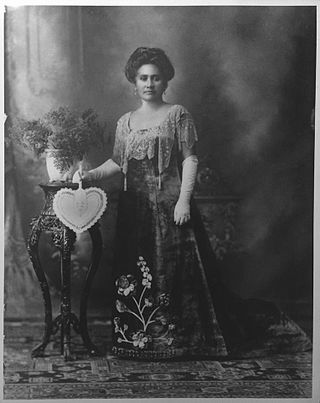
Theresa Owana Kaʻōhelelani Laʻanui was a descendant of Kalokuokamaile, the eldest brother of Kamehameha I. She was a member of the House of Laʻanui, a collateral branch of the House of Kamehameha.
Hawaii Calls was a radio program broadcast live from Waikiki Beach from 1935 through 1975 that reached 750 stations world-wide at the height of its popularity. It featured live Hawaiian music by an 11-piece dance orchestra conducted by Harry Owens, the composer of "Sweet Leilani". The show selected the best musicians and singers, with the purpose of showcasing what authentic Hawaiian music is like when played by native performers, but with one major difference—the lyrics were sung in English and intended for white audiences. Hawaiians called this hybrid with English hapa haole (half-white).

Elizabeth Kahanu Kaʻauwai Kalanianaʻole Woods was the wife of Prince Jonah Kūhiō Kalanianaʻole, Hawaii's second delegate to Congress.
The Honolulu Rainbow Film Festival (HRFF) is an LGBT film festival held annually in Honolulu which began in 1989 as the Adam Baran Honolulu Gay and Lesbian Film Festival.

Sean Kekamakupaʻa Lee Loy Browne was born in 1953 and raised on Hawaiian Homestead Lands in Keaukaha, Hilo, Hawaii. A graduate of the Kamehameha Schools class of 1971, he earned his Bachelor’s degree at the University of Redlands in 1975 and his Master of Fine Arts in sculpture from the University of Hawaiʻi at Mānoa in 1983. In 1981 he traveled to Pietrasanta, Italy to study marble carving under Paoli Silverio and was later accepted as an artist-in-residence at Henreaux Marble Company in Querceta, Italy. In 1985 he was awarded a Fulbright Fellowship, enabling him to study stone sculpture under the guidance of Isamu Noguchi in Shikoku, Japan. For many years, Browne taught sculpture at the University of Hawaiʻi at Mānoa and at Kapiʻolani Community College.

Eric Lee is a Hawaiian musician, singer, songwriter, and producer. His work has appeared on more than 30 albums, including his work with The Kanile'a Collection, Nā Kama, The Ka'ala Boys, The Mākaha Sons, and his solo albums, Crossroads, Kawehilani, and his Twentieth Anniversary Anthology.

Jack Johnson and Friends – Best of Kokua Festival is a live album by singer-songwriter Jack Johnson released in Germany on April 13, 2012, and worldwide on April 17, 2012. All songs on the album were recorded live during the six years of Kōkua Festivals. 100% of the profits from this release will be going to fund the Kōkua Hawai'i Foundation which supports environmental, art, and music education around the world. The download of the album includes the bonus track "The 3 R's".

Bina Kailipaina Nieper Mossman was an American ukulele player, vocalist, composer, and Republican Party office holder. She also served as High Sheriff of Honolulu. She was tutored in music, and pronunciation of Hawaiian words, by deposed Queen Liliuokalani.
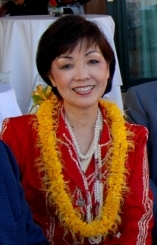
Lynne Kobashigawa Waihee was First Lady of Hawaii from 1986 to 1994. Born in Hawaii and married to the first Native Hawaiian governor of the state, she was raised in Kalihi. Educated at Andrews University, her first vocation was teaching. She used her position as first lady to raise the standard of children's literacy in Hawaii. She helped found a children's museum and was a role model for volunteer service in the community, instituting the First Lady's Outstanding Volunteers Program.
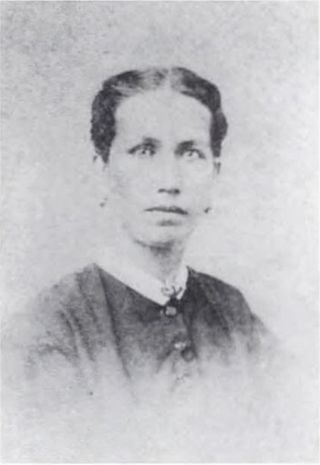
Julia Hope Kamakia Paaikamokalani o Kinau Beckley Fayerweather Afong was a Hawaiian high chiefess who married Chinese millionaire merchant Chun Afong with whom she had sixteen children. She was of British, American and Hawaiian descent.

Danny "Kaniela" Kaleikini was an American singer, musical artist, and entertainer. Best known for his long-term residency at the Kahala Hilton in Hawaii, where he performed for 28 years, Kaleikini is often called "The Ambassador of Aloha". During his career of more than 50 years in show business, he was the opening act for Paul Anka at Caesars Palace in Las Vegas, and performed alongside Sammy Davis Jr., Wayne Newton, Dolly Parton, Phyllis McGuire, and Don Ho. A baritone who sang Hawaiian songs and played the nose flute, Kaleikini gained international recognition for promoting Hawaiian music, language, and culture.














